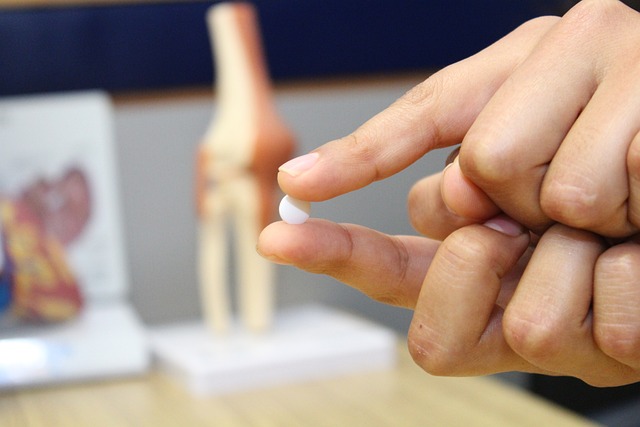In Boulder, Colorado, cultural sensitivity is key for massage therapists navigating intimate touch, respecting diverse beliefs and avoiding potential sexual assault. Therapists must communicate clearly, set boundaries, and adhere to state regulations and ethical guidelines, with help from massage sexual assault lawyers if needed. Colorado's strict laws protect clients and require therapists to complete specific training, pass exams, and maintain detailed records.
“In the vibrant, diverse community of Boulder, Colorado, cultural sensitivity is not just a preference—it’s an essential aspect of healthcare. This article explores the critical role of cultural competency in massage therapy practices, delving into strategies to prevent misunderstandings and mitigate risks of massage sexual assault. We navigate boundaries, dissect the legal landscape for therapists, and emphasize the importance of awareness among practitioners and clients alike, all while highlighting key considerations from a legal perspective for massage sexual assault lawyers in Colorado.”
Understanding Cultural Sensitivity in Massage Therapy: A Necessary Approach
In the diverse community of Boulder, Colorado, cultural sensitivity is a cornerstone in any therapeutic practice, especially within the realm of massage therapy. This approach recognizes and respects the varying beliefs, values, and practices of individuals from different ethnic backgrounds, religions, and cultures. Given the intimate nature of massage, it’s crucial to understand that what may be considered therapeutic for one person could inadvertently offend another due to cultural differences.
Massage sexual assault lawyers in Colorado highlight the importance of this sensitivity, as it can prevent instances of miscommunication or even potential harm. By being culturally aware, therapists can tailor their services to meet specific client needs while ensuring a safe and comfortable environment. This involves learning about different cultural touch preferences, understanding religious restrictions, and being mindful of personal boundaries—all essential aspects in fostering trust and delivering effective massage therapy.
Navigating Boundaries: Preventing Misunderstandings and Sexual Assault Risks
Navigating boundaries is an essential aspect of cultural sensitivity in massage therapy practices, particularly in a diverse city like Boulder, Colorado. Massage therapists must be vigilant to prevent misunderstandings and minimize sexual assault risks that may arise due to cultural differences or power imbalances. Clear communication and setting appropriate limits are crucial from the moment a client enters the treatment room. Therapists should ensure clients feel comfortable expressing their boundaries and concerns openly.
Avoiding inappropriate physical contact is paramount. This includes refraining from any actions that might be misinterpreted, especially in cultures where personal space and touch norms vary significantly. Massage sexual assault lawyers in Colorado highlight the importance of staying within professional boundaries, as defined by state regulations and ethical guidelines. Therapists must remain vigilant, respectful, and attentive to their clients’ needs and comfort levels at all times.
The Legal Landscape: Massage Therapists' Rights and Responsibilities in Colorado
In Colorado, massage therapists enjoy a certain level of autonomy in their practice, but they also have legal obligations to uphold. The state’s laws protect clients from malpractice and negligence, ensuring therapists provide services within safe and professional boundaries. However, one critical aspect that sets Colorado apart is its stringent regulations against sexual assault and misconduct. Massage therapists are mandated to maintain a high level of ethical conduct and privacy for their clients, with severe consequences for violations. This includes clear consent processes, respect for personal boundaries, and an understanding of when to refer clients to appropriate healthcare professionals.
The legal landscape also involves specific training requirements and licensing for massage therapists in Colorado. Therapists must complete approved coursework and pass examinations to earn their licenses. Moreover, the state has established guidelines for professional conduct, including policies on advertising, fees, and client records. In cases of suspected malpractice or sexual assault, clients can seek recourse through legal channels, with help from massage sexual assault lawyers in Colorado. These legal professionals are equipped to guide clients through the complexities of such situations, ensuring their rights are protected.






